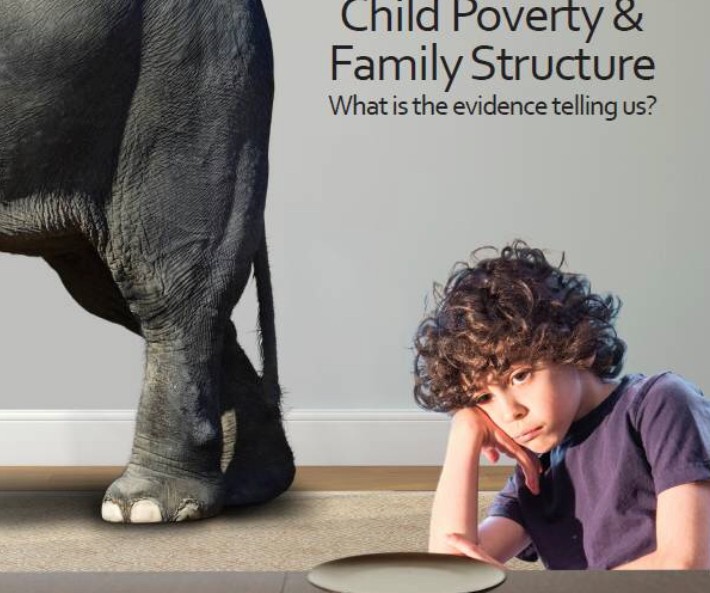Food for thought on how to feed our kids and fight poverty
 Stuff co.nz 31 August 2019
Stuff co.nz 31 August 2019
Family First Comment: “…while it is not hard to see the sense in supporting these children and doing something to break the chains of poverty that bind them, neither is it unreasonable to accept the concerns of people like Bob McCoskrie. The Family First NZ director is supportive of the plan but calls it a “micro response to a macro problem”.
The Government has struggled with how to change poor eating habits feeding our obesity epidemic; free school lunches will allow it to have an impact that might otherwise seem too “nanny state”.
But while it is not hard to see the sense in supporting these children and doing something to break the chains of poverty that bind them, neither is it unreasonable to accept the concerns of people like Bob McCoskrie.
The Family First NZ director is supportive of the plan but calls it a “micro response to a macro problem”.
Forty-five million dollars is hardly micro, and it will be less so as the Government extends the programme to 120 schools in 2021. At that point, as the cost rises to potentially hundreds of millions of dollars, we may ask if one meal a day is the most effective way to spend taxpayer dollars on tackling poverty.
Overseas research suggests that a free meal a day can only feed so much change. Children from lower socio-economic areas do better but are still often outperformed by kids in wealthier suburbs attending wealthier schools.
A free meal is fine and worthy, but factors at home remain more influential: Is family life stable or under stress? Are parents able to support homework? Is there enough money to pay for uniforms, sports and other interests?
McCoskrie is right that providing free lunches is an easy, if not quite free, hit. Influencing how those children are fed, clothed and supported at home would be the harder change, but have more impact.
That’s a no-brainer.
READ MORE: https://www.stuff.co.nz/national/education/115417855/food-for-thought-on-how-to-feed-our-kids-and-fight-poverty







